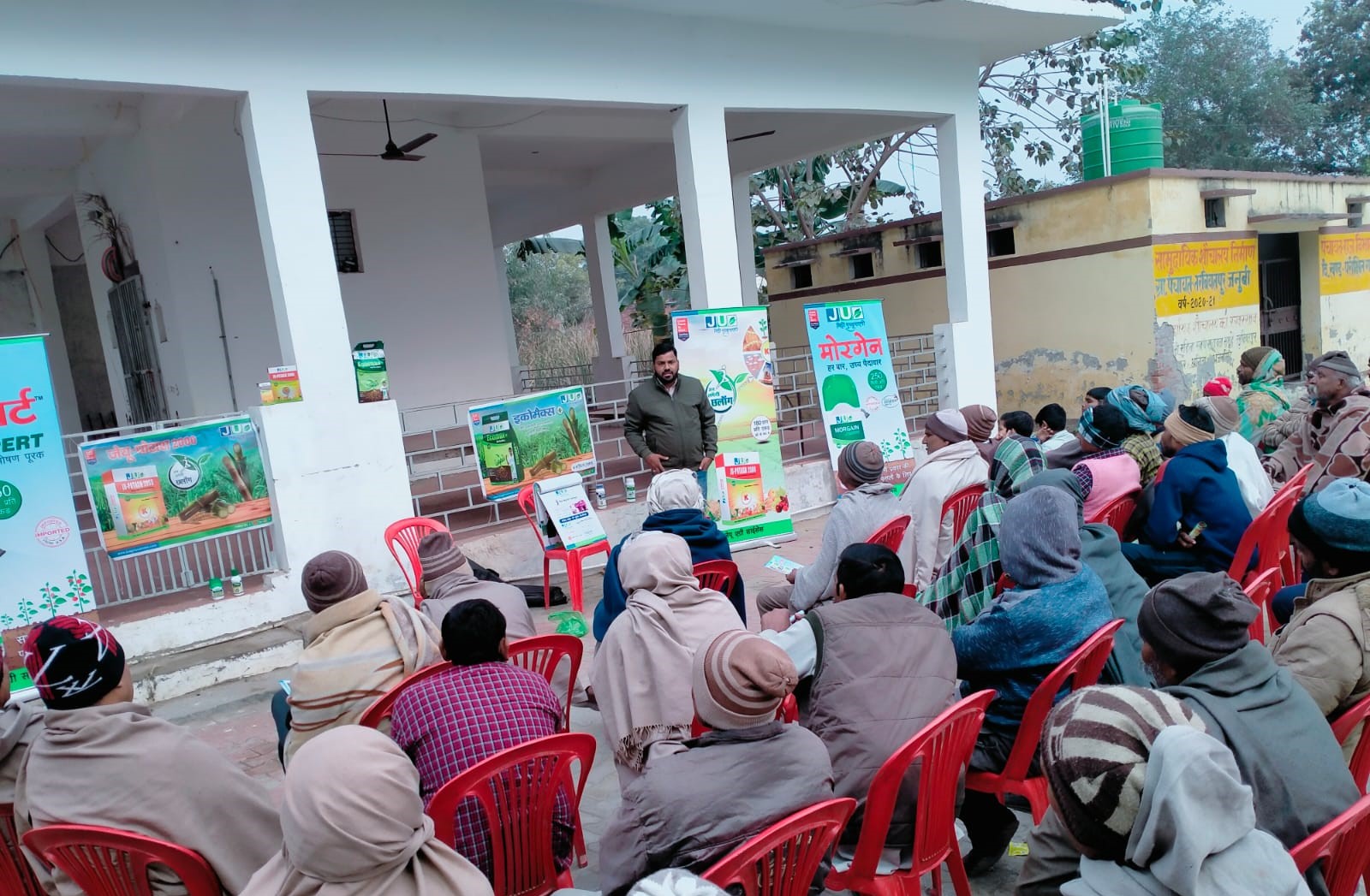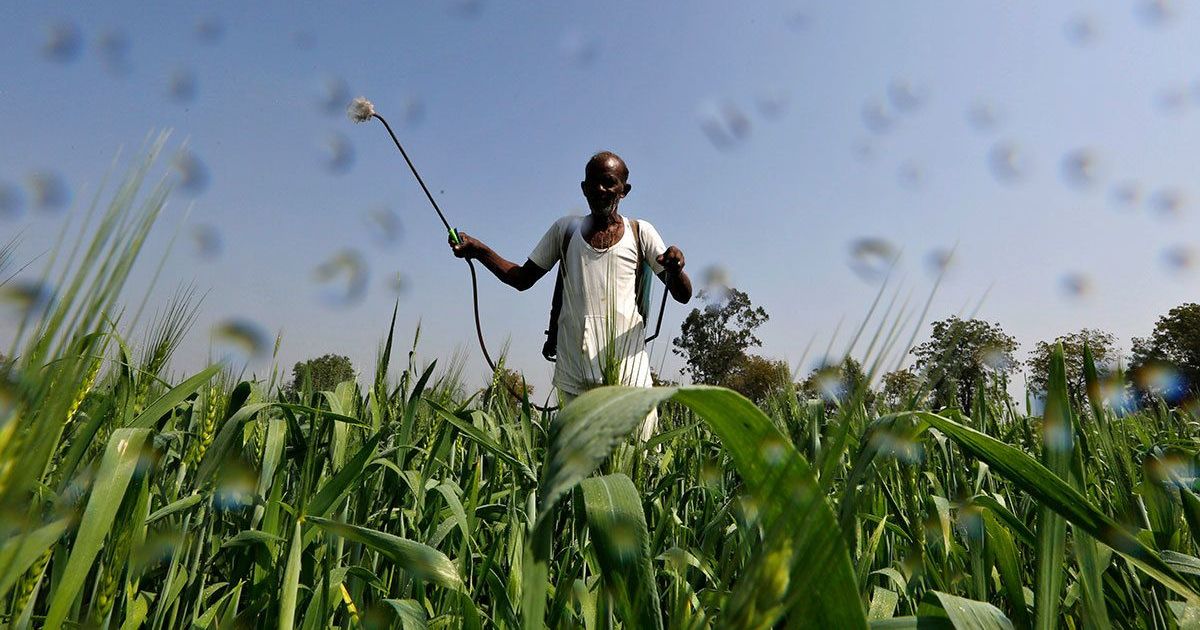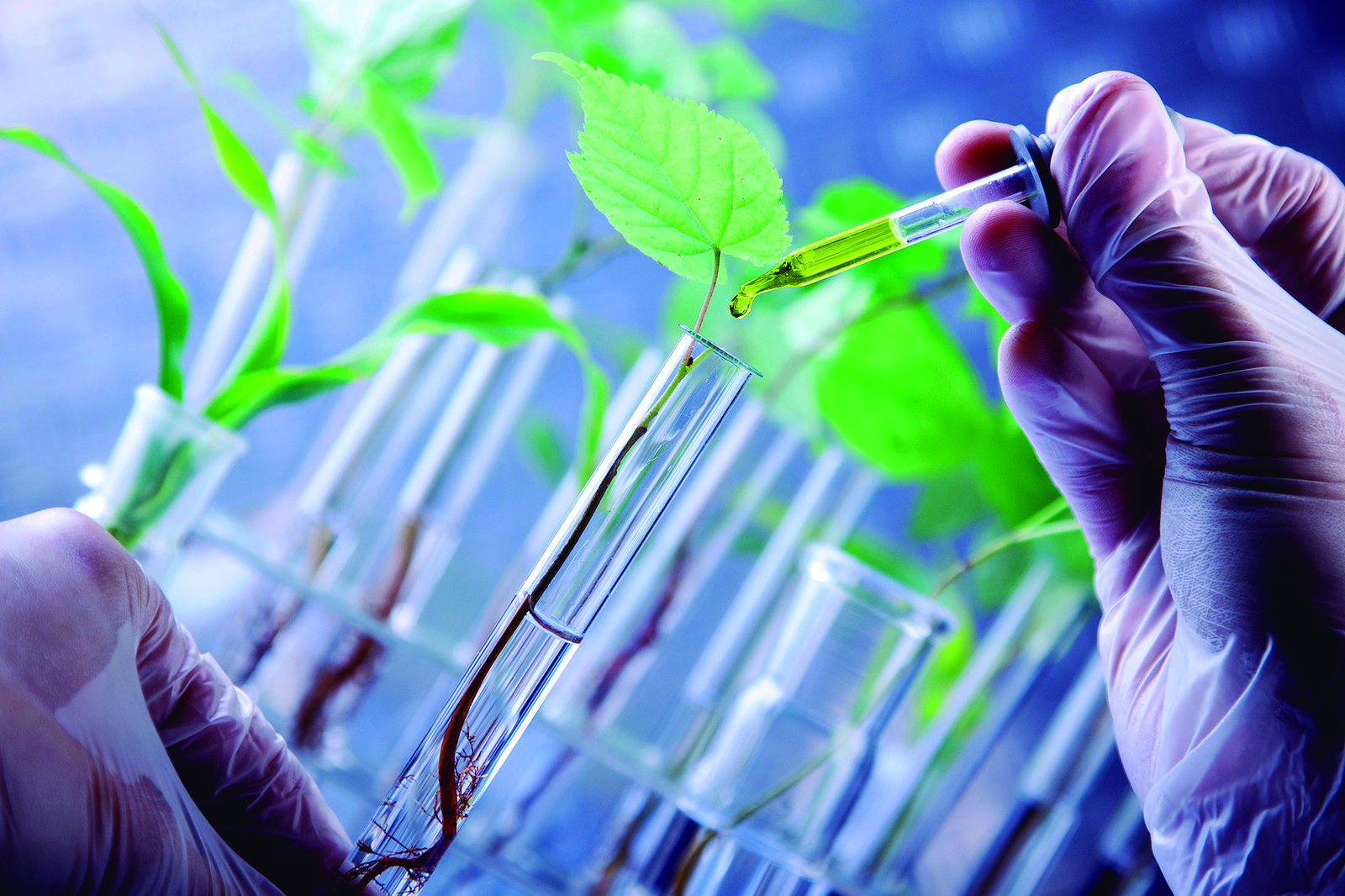Empowering Agriculture | Revolutionizing Farmers through Upskilling
12/03/2024
In the vast landscapes that feed our growing global population, agriculture stands as a cornerstone of our civilization. However, the age-old profession of farming is now at a crossroads, grappling with the challenges of climate change, technological advancements, and the ever-increasing demand for sustainable and efficient practices.
Precision Farming: Upskilling farmers involves integrating cutting-edge technologies into traditional farming practices. Precision farming, leveraging tools like GOS-guided tractors. Drones, and sensor technologies, enables farmers to make data driven decisions. By learning how to harness these technologies, farmers can optimize resource utilization, reduce environmental impact, and boost overall productivity.
Digital Literacy for Agribusiness Management: In the digital age, agribusiness management has become as crucial as tilling the soil. Farmers equipped with digital literacy skills can leverage online platforms for market research, financial management, and e-commerce. Upskilling program can teach farmers to navigate these tools, allowing them to access broader markets, negotiate fair prices, and ensure the economic sustainability of their operations.
Climate-Smart Agriculture: Climate change poses a significant threat to global agriculture, with extreme weather events, shifting growing seasons, and unpredictable conditions becoming more frequent. Upskilling farmers in climate-smart agriculture involves teaching them adaptive strategies, such as crop diversification, water conservation, and soil management techniques.
Innovations in Crop Management: Farmers who embrace upskilling initiatives gain access to revolutionary advancements in crop management. This includes learning about genetically modified organisms (GMOs), sustainable farming practices, and the use of organic alternatives. By understanding these innovations, farmers can optimize crop yields, reduce dependence on harmful chemicals, and contribute to a healthier and more sustainable food supply chain.
Community Building and Knowledge Sharing: Upskilling is not just about individual farmers; it's about fostering a sense of community and knowledge sharing. Creating local networks where farmers can exchange experiences, insights, and best practices enhances the collective intelligence of the agricultural community. Training programs that encourage collaboration and shared learning empower farmers to face challenges collectively, fostering a spirit of innovation that can drive the entire industry forward.
Government and Industry Partnerships for Sustainable Development: Government and industry players play a crucial role in upskilling farmers. Collaborative initiatives can fund training programs, provide access to resources, and create policies that incentivize sustainable farming practices. By fostering these partnerships, stakeholders can ensure that the benefits of upskilling reach every corner of the agricultural landscape, from small-scale family farms to large agribusinesses.
The agricultural revolution is not a distant dream but a tangible reality that can be achieved through the collective effort of farmers, governments, and industry stakeholders. By investing in the upskilling of farmers, we are sowing the seeds of a sustainable and technologically advanced agricultural future. As we empower farmers with the knowledge and tools to thrive in the modern world, we are not just ensuring food security but cultivating a legacy of resilience, innovation, and prosperity for generations to come.
Categories
Related Blogs
The Role of Pesticides in Modern Agriculture
30/01/2024

















